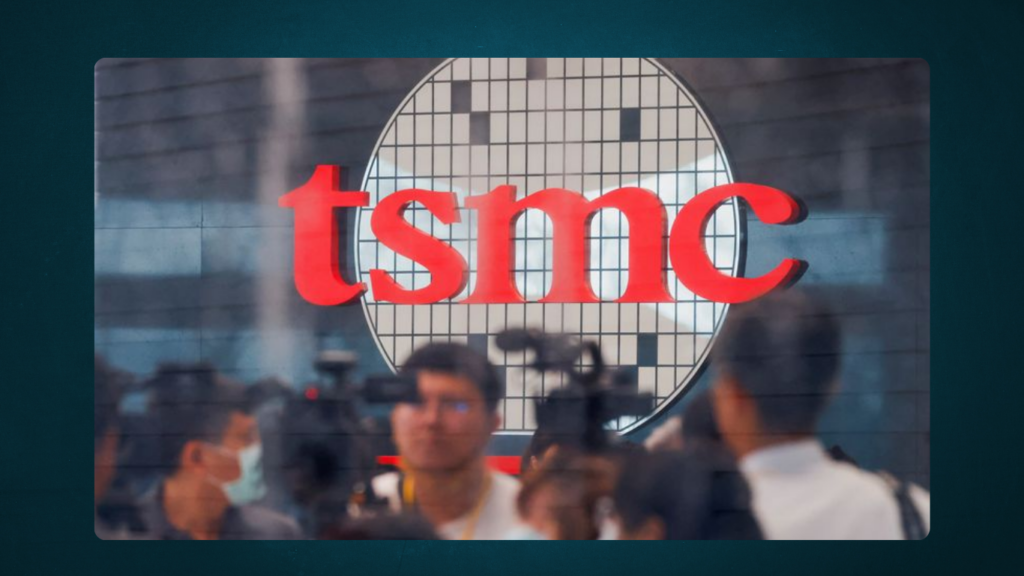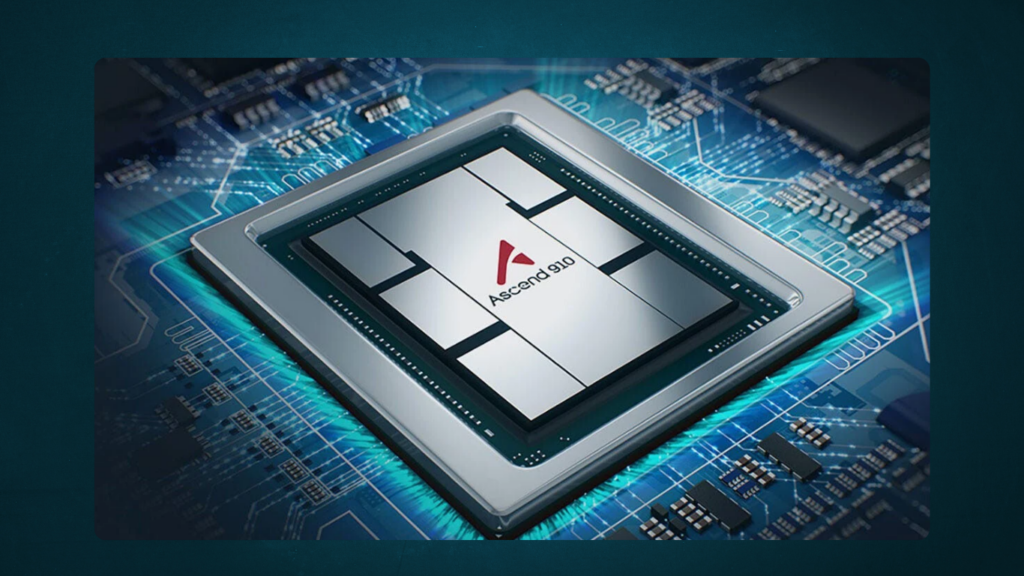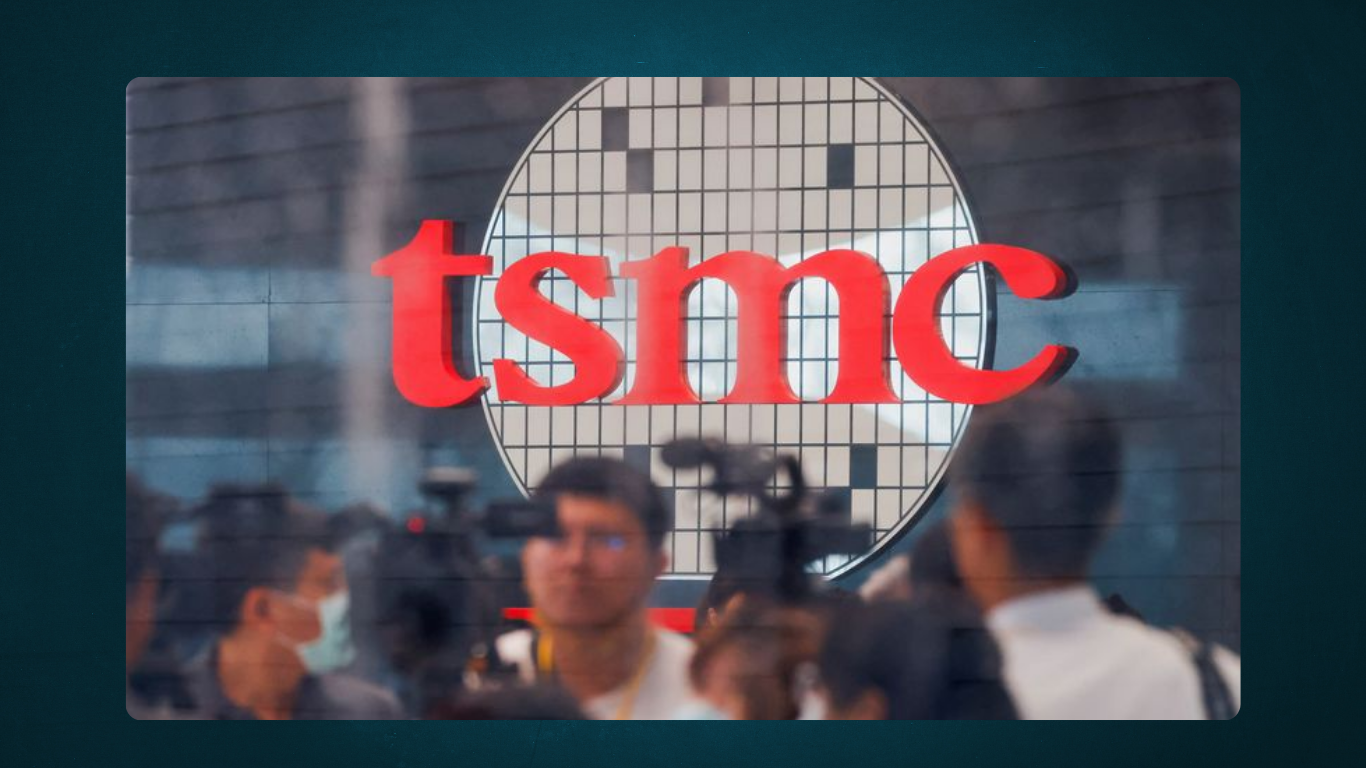The recent revelation by Canadian research firm TechInsights, uncovering Taiwan Semiconductor Manufacturing Company (TSMC) components in Huawei’s Ascend 910B AI processor, has reignited concerns over the strength of U.S. semiconductor sanctions. Despite stringent export controls aimed at curbing China’s access to advanced chip technology, the discovery shows that high-tech components are still finding their way into Huawei products, highlighting potential vulnerabilities in the supply chain.
In response, TSMC has paused shipments to an undisclosed customer after learning its chips ended up in Huawei hardware—a possible violation of U.S. export controls, according to Taiwan’s official media. TSMC also informed U.S. and Taiwanese authorities about the situation, underscoring how tightly monitored this high-stakes industry has become. Arisa Liu, a research fellow at the Taiwan Institute of Economic Research, commented that “U.S. sanctions on China’s semiconductor industry have shown some porousness,” pointing out how loopholes might be allowing restricted technology to slip through.

Interestingly, China’s state-run media has largely remained silent about the discovery, yet Chinese social media quickly picked up foreign reports, creating buzz about Huawei’s workaround. Huawei’s Ascend series, which powers the company’s AI ecosystem, is central to China’s self-sufficiency efforts in high-tech. The company’s ecosystem has grown considerably, now including over 40 hardware and 1,600 software partners.
First launched in 2019, the Ascend 910 chip came shortly after Huawei was added to the U.S. trade blacklist. The new Ascend 910B, however, surfaced without an official announcement this year in China, establishing itself as a domestic alternative to high-performance chips like Nvidia’s A100. Wang Tao, COO of the Jiangsu Kunpeng Ecosystem Innovation Centre, even suggested the 910B’s performance is “on par” with the A100 in AI model training, further demonstrating Huawei’s progress despite limitations.
Though Huawei is reportedly testing its third-generation 910C chip with select customers, specifics about the production scale and manufacturing of the 910B remain undisclosed. Industry experts suggest that advanced chip-making remains challenging for China, with much reliance on foreign technologies, such as extreme ultraviolet (EUV) lithography machines from ASML in the Netherlands. EUV technology is essential for creating cutting-edge chips with smaller nodes, such as those under the 7-nanometer threshold, which are crucial for powerful AI applications.

Adding to Huawei’s momentum, last year saw the release of the Mate 60 Pro, a 5G smartphone powered by a 7-nanometer chip believed to be produced by China’s Semiconductor Manufacturing International Corporation (SMIC). The Mate 60 Pro sparked a surge of patriotism in China, boosting Huawei’s 5G sales and setting the stage for its next flagship, the Pura 70.
As Huawei continues pushing forward with its AI and 5G ambitions, the incident illustrates the ongoing challenges of enforcing international tech regulations across complex global supply chains. Advanced semiconductor chips have become a critical asset not just for commercial technology but also for national interests, underscoring the need for strong global cooperation to address supply chain transparency and compliance.
Stay updated on tech developments and other international news by visiting the South China Morning Post or downloading the SCMP app for comprehensive coverage across Asia and beyond.

Subtly charming pop culture geek. Amateur analyst. Freelance tv buff. Coffee lover
